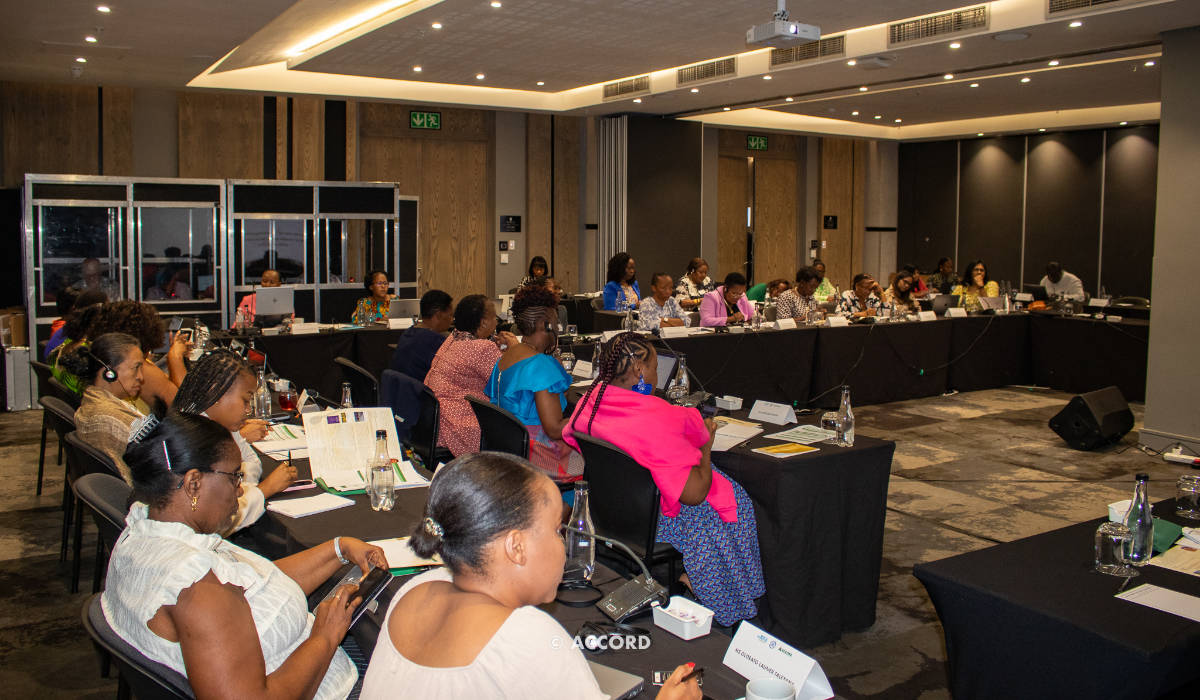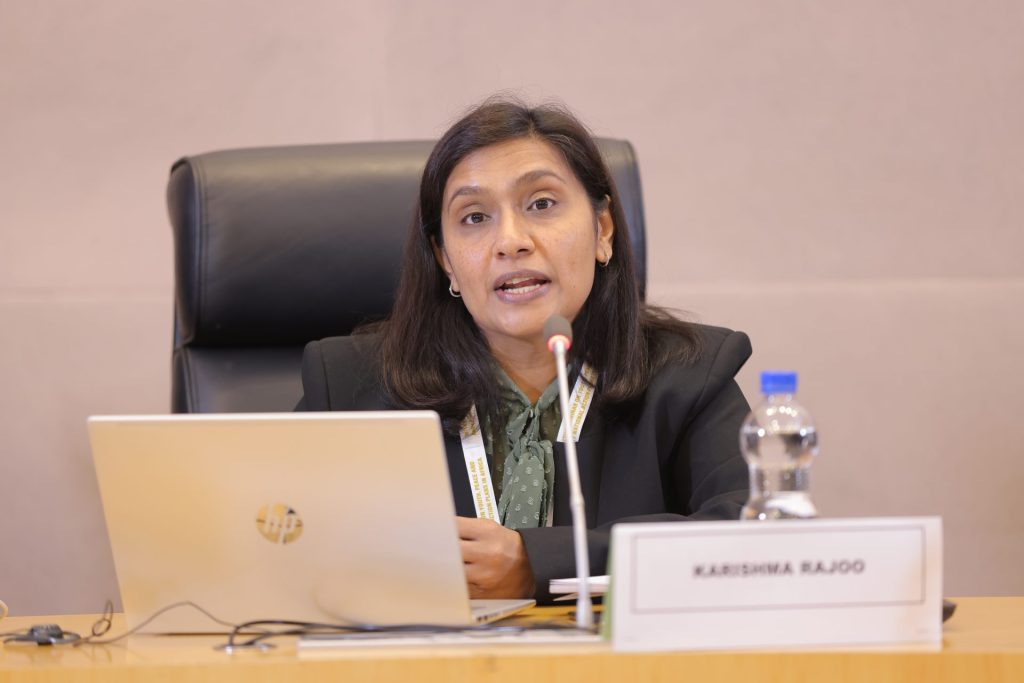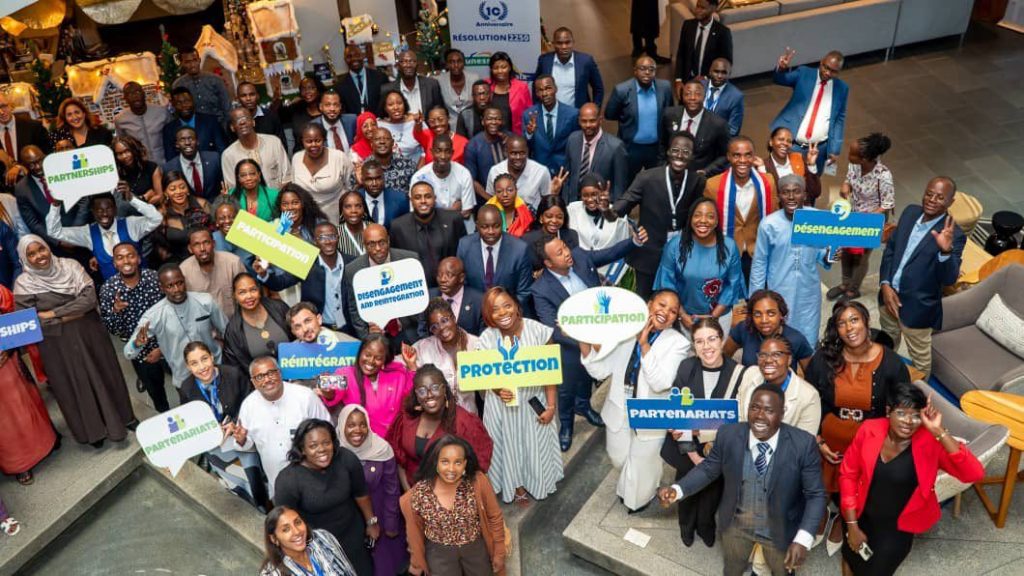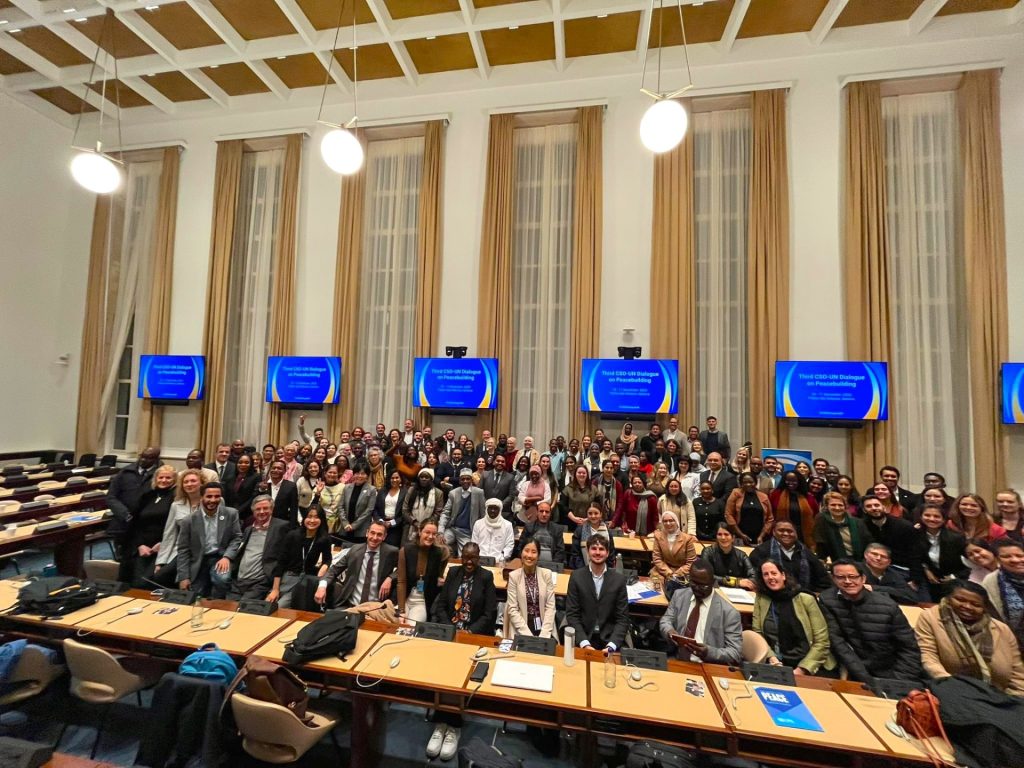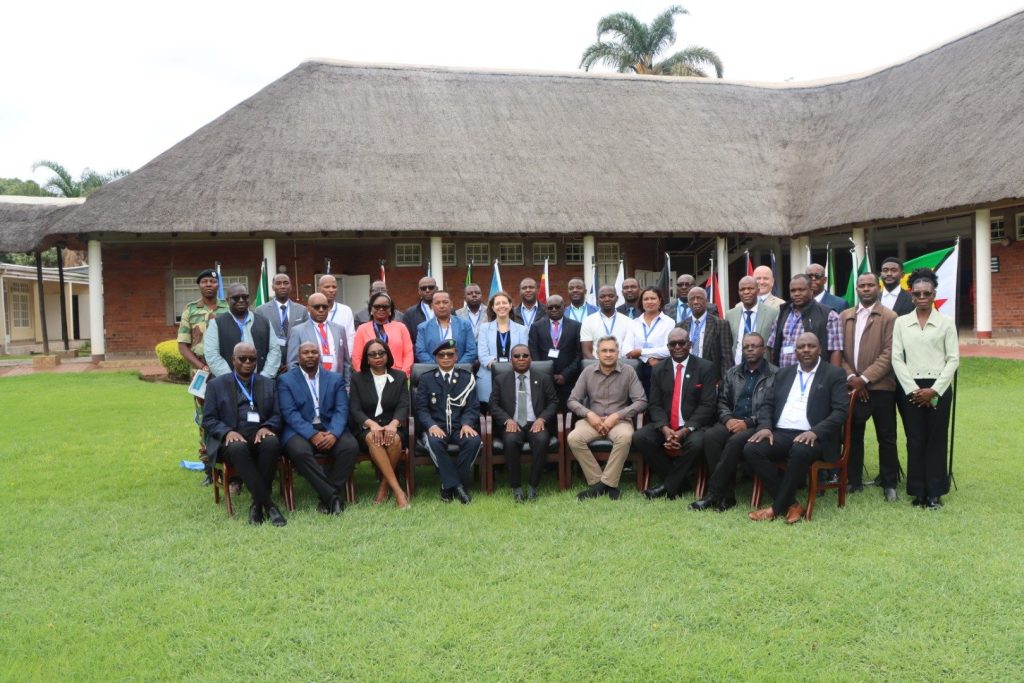ACCORD in partnership with the Southern African Development Community (SADC), supported by the United Nations Entity for Gender Equality and the Empowerment of Women (UN Women), jointly hosted a three-day validation workshop from 29 November to 1 December 2023, in Johannesburg, South Africa.
SADC Member States were invited to comprehensively review the Draft Guidelines for the Operationalisation of the Network of Women Mediators in the Southern Africa Region. The workshop was a result of a recommendation that arose from the SADC Regional Consultation with Member States on the Women, Peace, and Security Agenda in June 2022. This recommendation led to the establishment of these guidelines and was later endorsed by the SADC Ministerial Committee of the Organ (MCO) on Politics, Defence, and Security in July 2023, to serve as a crucial framework for the network’s effective implementation.
Key stakeholders, including Member States and Civil Society Organizations (CSOs), actively engaged in discussions during the workshop. Opening the workshop, Ms. Aleta Miller, Country Representative at the UN Women, Multi-Country Office for Southern Africa emphasised the imperative role of women in peace processes, stating, “Peace holds longer and is more sustainable when women are involved.” ACCORD’s Advisor on Women, Peace and Security (WPS), Mrs. Pravina Makan-Lakha highlighted the risk of excluding women in peace processes, further emphasising the importance of their involvement due to the changing nature of conflicts.
The workshop featured insightful presentations. Setting the tone for the workshop, Dr. Martha Mutisi, provided a contextual analysis of the various conflicts experienced in the Southern African region and why the network was important. Dr. Gabriel Malebang, further shed light on the vital role women play in peace processes, conflict prevention, and management; while Dr Tunji Namaiko took the participants through the Guidelines.
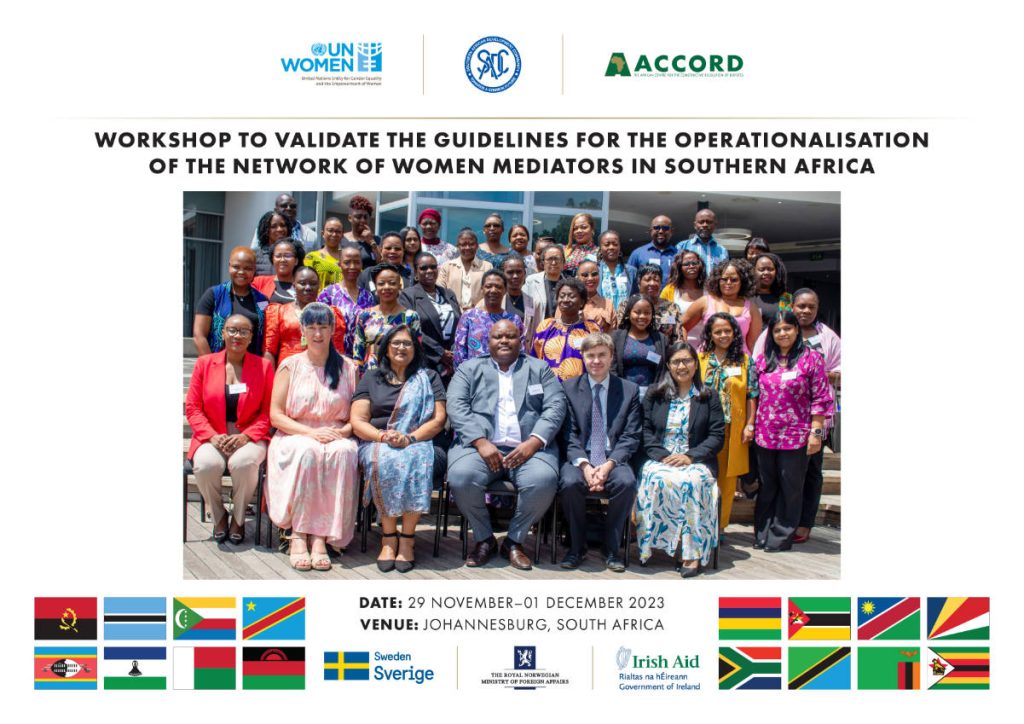
Moreover, the event facilitated experience-sharing sessions on women’s involvement in mediation processes. South Africa, Malawi, Mozambique, Namibia, and Angola presented their contextual responses to establishing and implementing women mediation architectures. Notably, South Africa shared its experience on establishing its Mediation Support Unit (MSU) that reconfigures foreign policy to contribute significantly to peacebuilding in the region and continent.
Participants collectively agreed that the Network of Women Mediators in the Southern Africa Region is a pivotal tool to ensure women’s central role in decision-making processes related to peacebuilding; peacemaking; peacekeeping; and conflict prevention, management, resolution efforts; as well as relief and recovery. The workshop ended on a good note with the participants collectively validating the draft Guidelines for the Operationalisation of the Network of Women Mediators in the Southern African Region which will be presented to the relevant Ministerial Committees, marking a crucial step forward in promoting gender-inclusive peace processes throughout the region.

